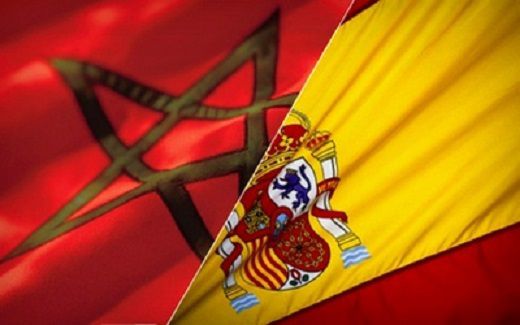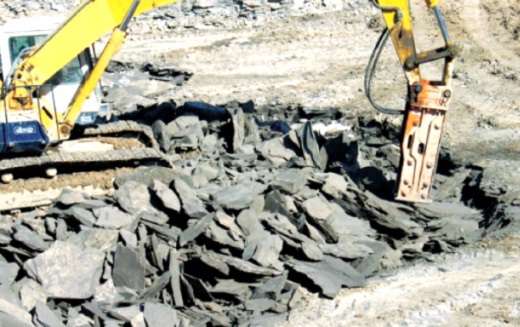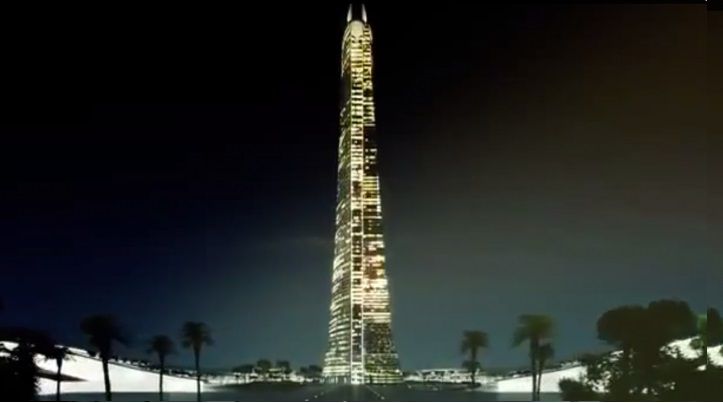[symple_box color=”blue” text_align=”left” width=”100%” float=”none”]  Dr. Mohammed Maarouf is a Moroccan culturalist and critical ethnographer. He is a professor at Chouaib Doukkali University, El Jadida, Morocco. Dr. Paul Willis is a social scientist and cultural theorist. He is currently teaching at Beijing Normal University, China.[/symple_box]
Dr. Mohammed Maarouf is a Moroccan culturalist and critical ethnographer. He is a professor at Chouaib Doukkali University, El Jadida, Morocco. Dr. Paul Willis is a social scientist and cultural theorist. He is currently teaching at Beijing Normal University, China.[/symple_box]
The insurrections that took place in the Arab World ever since the overthrow of Tunisia’s president Zine El Abidine Ben Ali emerged as a response to the ‘unsettled times’ of massive demographic shift and multiple failure in the economic sphere. They started as political revolutions that sought to establish new political systems without giving an explicit role for cultural meanings, traditional or emergent.
The danger is that contemporary political developments may be switched into old cultural meanings removing the “con” from contemporary so making them only temporary and producing the experiences of anomie all over again.
If cultural awareness and at best innovation do not lead the process from now on there is the danger that unbridgeable gaps will remain between new political institutions and received cultural forms unable to become politically adaptive, especially among the silent majorities untrained in innovative social and cultural practices.
The new possibilities may simply run down the old tracks of a cultural mindset based on tribalism/ segmentarity and booties, all are ideological survivals of a rentier-state culture embodied in the practice of “empire-building”—investing in a vast social capital—, corruption and fraud.
What existing and emergent cultural resources can still be used for genuine switches into an ethics of democracy to be properly internalized by subaltern populations? Is there a scope for a micro cultural switching gear that may be made operational through cultural awareness and self-awareness and may be directable for political purpose?
In Morocco, dominant groups sweat over clumsily cultural change trying to ensure the continuing popular acceptance of authoritarian rule and the successful exercise of power through structures of charity and security.
During the fieldwork we conducted when we researched the 20th Feb movement protests, our respondents said that they were not ready to sacrifice death or injuries to bring about political change. When interviewed, most said that they did not queue up for bread or chicken like the Egyptians. A recurrent statement we heard was that “in Morocco, thanks to God, there is prosperity (hamdu Allah al-khair mujud).” Even the unemployed can tinker and get a day’s income of 100dh to get by on. For them the example of Lybia, Syria and Yemen is rather frightening.
Civil war scenario in the countries overwhelmed by the Arab Spring deters people from being recruited into a violent protest against the regime. There is also always hope for a charitable gesture from the monarchy to make economic compensation and relieve subaltern poverty.
Up to now, there are no clear ethnographic signs that display whether Moroccans are likely to risk going for a real, perhaps bloody, confrontation with the regime, especially given that the monarchy is now ‘inside the equation’ and insists on leading political change.
The king enjoys a tremendous religious, social, economic, and symbolic capital. He is supported by a powerful propaganda machine that polishes his image in the public sphere. Symbolic rituals that he parades also legitimize his political status of leadership.
The constant broadcast of his activities and projects of development on TV boost his status. To the great mass of subalterns, if not to all Moroccans, the monarch is the unifying symbol of the nation. Despite his traditional trappings, the young king emerges as a modern reformist. He remained calm and shrewdly responded to the popular demand for redress of grievances by offering a peaceful vision of change.
To deescalate the anger of young protestors in Moroccan streets, the king announced major political reforms including a new constitution with ‘less powers’ for royalty, and evinced a willingness to allow moderate Islamists, PJD political party, to be in power during the subsequent elections in November 2011. His government did not resort to slander or harsh repression like other despots in the Arab countries.
Though the police from time to time quietly and selectively beat up on some demonstrations and meetings, there was no significant state violence save for some scattered killings of some militants in different parts of the kingdom in mysterious circumstances. The king pardoned a large number of jailed Islamists following their renunciation of violence and pledge to participate in society peacefully.
Despite Morocco’s apparently smooth progress and step-by-step reform, there is still much doubt that Morocco is on the path to a legitimate democracy with strong institutions in which the masses may trust instead of incessantly addressing their grievances to the King. So far, the average Moroccan holds the King responsible for building a small road, school or hospital in his city or village, so evincing the King as the only reliable and working institution in the country. Morocco’s future progress and stability heavily depends on the construction of transparent, representative and effective institutions, allied to cultural development and the creation of real job opportunities for its teeming millions. The historical records hold some lessons.
Moroccan history— the Kumira (loaf of bread) Revolution in the 1980’s is a good case in point— bears witness that riots on the rebound of an economic crisis may get out of control and may even under special circumstances turn into popular revolutions. We are in special circumstances now and we should be alert to cultural change and micro change that may be critical to the outcome of unfolding events. Without an investment in national cultural capital and concrete economic reforms, domestic upheavals may turn into despair raising the specter of future violent unrest.
For the moment, the de facto Makhzanian strategy of containment and policy of daily patching and assuagement may win time but with potential disastrous consequences in the long run, especially if the process of awakening—no matter how it is communicated—reaches deep to the bottom regions of social space.
Political regimes founded on security forces alone are bound to be overthrown. Those founded on ideologies internalized by the masses may last till overthrown by counter-hegemonic ideologies. The uncertain building of the latter may now be in progress.
The political demands are clear: political inclusion, building democracy and civil society on the ground, building transparent accountable security and justice systems, securing fast steady production-based economic growth, establishing public confidence by creating strong legitimate institutions that guarantee real freedom of speech; meaningful participation in institutional process and decision making; real moves towards social protection and social security; respect for the rule of law.
No one denies that economic reforms have been recently undertaken by the monarch and the Islamist government but this appears to be limited and with risk-averse incrementalism that has not yet reached to the core issues.
Moroccans are still demanding deep reforms but no major structural reform will succeed without a collective will to build the bricks of a culturally sensitive mode of politics and mobilization foregrounding the importance of culture for citizenship and building on cultural traditions for depth and meaning.
To maintain and strengthen currents of change, discourses on citizenship, democracy and human rights must be formed in, and linked to, sensuous cultural practices and local cultural meaning—making so that citizenship learnt in the informal context of everyday life becomes lucid in the subaltern mind as a familiar thing, as a recognizable cultural citizenship, which empowers bottom-up cultural forms and draws subalterns into self-critique and self-development of their own cultural models. Understanding the cultural switch, and developing switches and switchmen for a micro cultural switch gear is an essential ingredient for the counter-hegemonic struggle in Morocco today.





